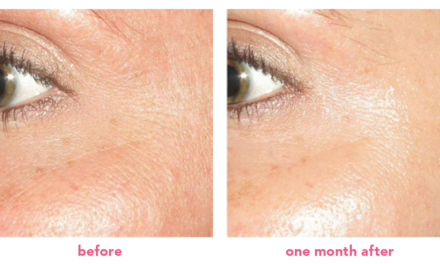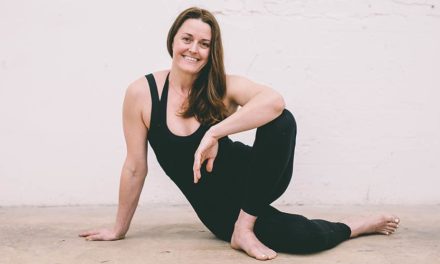Would you pay for a pill that reduces blood pressure, anxiety, and more without the negative side effects?
Most people would jump at the chance, and pay a lot, to take such a pill. But here’s something even better: you already possess this powerful tool that can do those things — your breath.
With practice, breathwork can transform many aspects of our lives, including but not limited to:
• Responding to stressors in life calmly and rationally.
• Boosting energy without the need for caffeine.
• Helping us fall asleep faster and stay asleep.
Breathing holds a unique position in our body’s functioning. It’s the only system that operates both automatically and under our conscious control. From our first moment to our last, breathing sustains us without thought, making it our body’s top priority. The breath is also a powerful tool for changing our mental and physical state — a fact that most of us never learned growing up.
For thousands of years, cultures worldwide have used breathing techniques to alter their psychological and physiological states, improve well-being, and decrease stress. Modern science confirms what ancient practitioners knew: controlled breathing through breathwork is a powerful skill that can significantly benefit us.
By way of example, when we are stressed, our breathing typically is shallow and rapid, as our sympathetic nervous system (aka fight or flight) is activated. On the contrary, when we are in a calm state, our breath is slow, and we breathe through our nose, activating the parasympathetic side of the nervous system, rest, and recovery. This is a two-way feedback loop; we can breathe ourselves into a calm state.
Through breathwork, we can train ourselves to activate our body’s relaxation response, even in stressful times when it naturally wants to go into fight or flight.
While breathwork takes practice, here are a few simple tools you can incorporate to break free from chronic stress:
• Breathe through your nose, not your mouth.
• Slow down your breath rate.
• Focus on breathing from your lower abdomen, not your upper chest.
These simple shifts can lower your heart rate, reduce blood pressure, and decrease stress hormone levels, putting you in a calm, focused state.
Once you’ve mastered these basics, you can explore specific breathwork techniques to achieve different results, for example:
• Box Breathing: Inhale for four counts, hold for four, exhale for four, hold for four.
• 4:7:8 Breathing: Inhale for four counts, hold for seven, and exhale for eight.
The key to reaping the benefits outlined above is consistent practice. If you are new to a breathwork practice, start with five minutes of conscious breathing daily to build a foundation for better mental health. Then, look for opportunities to incorporate breath awareness throughout your day — while waiting in line, during your commute, or before important meetings.
Breathing is the bridge between body and mind, offering a direct path to mental clarity and emotional balance. In our world of growing mental health challenges, this simple, natural tool remains one of our most powerful allies in maintaining psychological well-being.
Symmetrysyndicate.com
Symmetry.live
IG: @taylor__somerville
@symmetry.live
By Taylor Somerville







